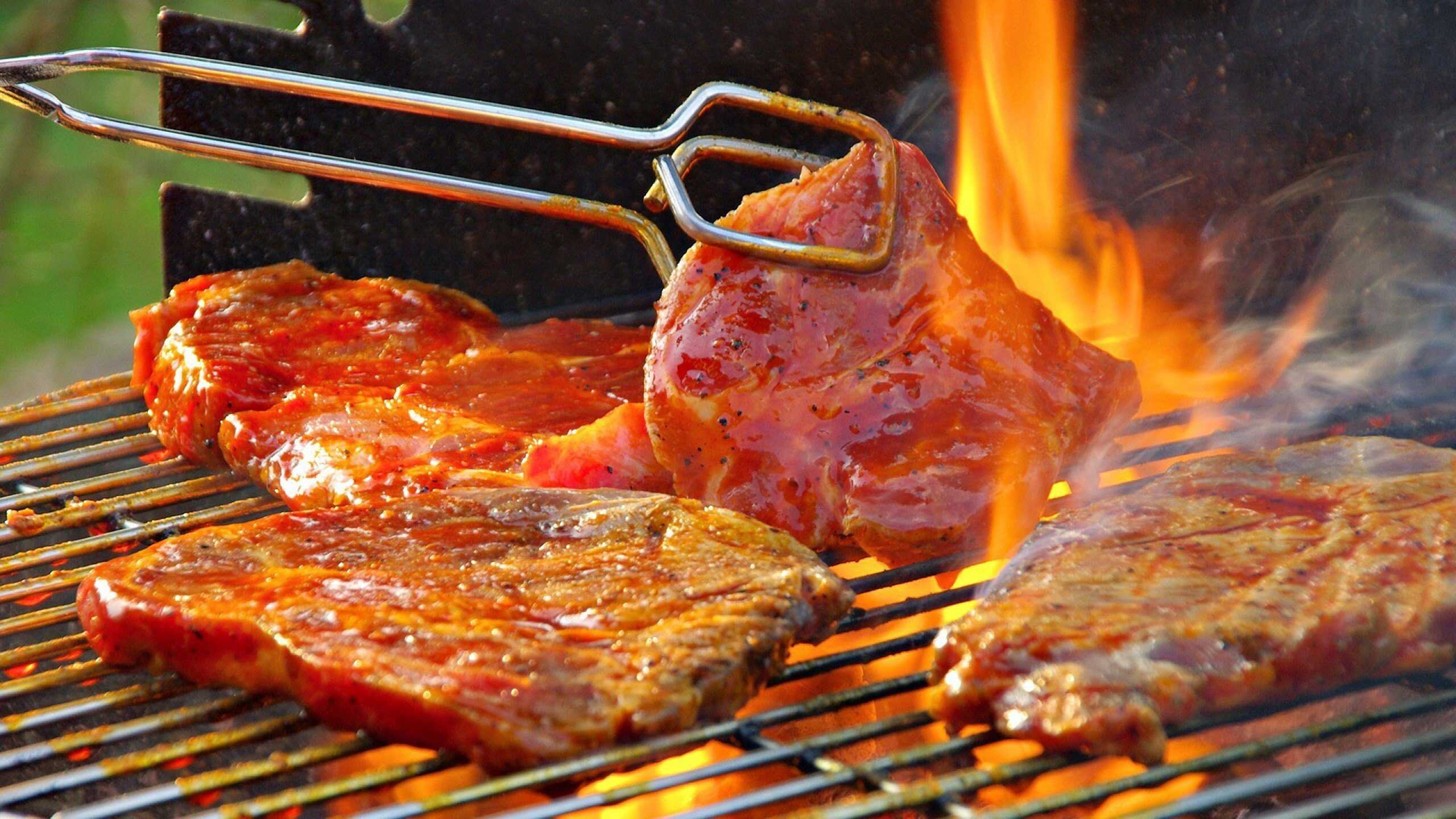
Firstly, it is important to highlight that the most relevant seasoning is salt, which is not just a seasoning, but also a functional additive, as in addition to imparting flavor and helping with the perception of taste, salt also has some special properties in meat. I will leave a suggestion for a seasoning mix, but I will focus on explaining the use of salt.
Understanding how the salt process works in meat is essential to apply it correctly and be able to prepare good meat for barbecue. It is not enough to throw salt on the meat without taking into account the time needed for the chemical processes to occur as expected. The amount of salt, size of the food and exposure time are essential.
Does salt dehydrate meat? In low concentrations, no! Salt only dehydrates meat at concentrations above 5%, much higher than that used to season your meat.
Dissolving sodium chloride (table salt) in the meat liquid releases chlorine (Cl-) and sodium (Na+) ions, which penetrate the protein molecules. The chlorine ions accumulated in the protein cause muscle fibers to expand, making room for the accumulation of water. The accumulation of sodium is what brings the salty taste. Therefore, the deeper the salting penetrates the meat, the juicier it will be.
Taking into account that the salt will help retain liquids inside the protein, so it is recommended that the meat has all its “juice”, do not wash or drain the meat broth before adding the salt, leave all that liquid there as it will help keep your meat juicy and rich in nutrients.
Many people like to add large amounts of coarse salt just before putting the meat on the barbecue, leaving it in the salt for just a few minutes, then beating the meat to remove the excess and placing it on the grill. This way, there will not be enough time for the salt to fully penetrate the inside of the meat, thus preventing the process described above from occurring and helping to preserve the juiciness of the meat. The outside will be quite salty and the inside will be bland. This balance may even leave the meat at the correct salt level, but it will not take advantage of the salt's full potential.
Should I use coarse or refined salt on barbecue meat?
If you have coarse salt without additives (anti-humectants) and of good origin, great, you can use it, as it will be purer and will probably contain other minerals interesting for the diet. Otherwise, use refined salt.
Himalayan pink coarse salt is a great option as it contains a much higher amount of minerals compared to traditional coarse salt.
How should I season barbecue meat?
We recommend using 1.5% of salt per weight of the meat. For example, if the weight of the meat is 1kg, add 15g of table salt. For thin cuts, such as steaks, let the meat rest (or marinate) for at least 4 hours in the refrigerator. For thick cuts or whole pieces, leave for at least 24 hours in the refrigerator.
BBQ seasoning
Seasoning for 1kg of beef for barbecue
- 15 g of salt / 3 teaspoons;
- 5 g of sugar / 1 teaspoon (sugar adds caramelization/color and balances the taste);
- 5 g of garlic powder or 3 crushed or chopped garlic cloves;
- 5 g of onion powder / 1 dessert spoon;
- 3 g black pepper / 1 level teaspoon;
- 1 tablespoon of olive oil;
- 1 g of oregano / 1 teaspoon;
- 1 g of ground pepperoni or in flakes / 1 level teaspoon – red pepper is optional, depending on taste;
- 3 g of allspice / 1 teaspoon – allspice is very aromatic and doesn't have any heat, it goes very well with beef and will add a special touch to your barbecue.
For thin cuts, such as steaks, let the meat rest for at least 4 hours in the refrigerator. For thick cuts or whole pieces, leave for at least 24 hours in the refrigerator. This way you will obtain a more uniform result and juicier meat. If you want extra softness, bake it away from the coals, at a low temperature for a long time. Want an additional smoky flavor? Use a smoke box.
Have you tried the seasoning? Comment with the result.
Should I use dry rub to season barbecue meats?
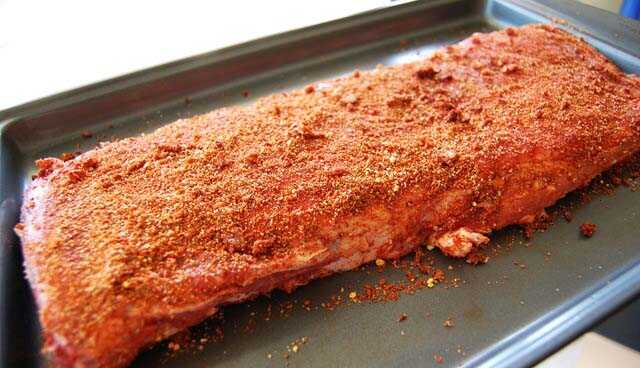
Dry Rub is a mixture of dry seasonings widely used in North American barbecues. When applying dry rub to meat, it is necessary to cover the entire exterior of the meat with a layer of the condiment and leave it to rest for a few hours. The dry rub will slowly penetrate the inside of the meat and transfer all the flavor evenly throughout the piece. The exterior of the meat will have a stronger and more intense layer, with a very caramelized color given by the sugar that usually makes up the dry rub.
Apply the dry rub before roasting the meat. The ideal is to apply a few hours before, if possible the day before. But even if there is no time and the preparation of the meat has to be done just before roasting/grilling, there is no problem, even with little time the dry rub will add flavor to the meat. Read more about Dry Rub.
How to roast/grill meat with Dry Rub?
As Dry Rub has a lot of sugar, it requires moderate to low indirect heat for a long period of time. If the heat is too intense, the sugar will burn, leaving a strong bitter taste in the meat. With Dry Rub you need to be patient. Read more about Dry Rub.
Parrilla salt on the barbecue
Substitute for coarse salt in short and medium-duration roasts, parrilla salt There has been a huge increase in market searches in recent years. There is great interest and curiosity about the product among the public. It reached great interest in January 2021, according to the most relevant results cataloged by Google Trends.
Legacy of the Argentine and Uruguayan tradition of preparing meats over the grill, it has become the new protagonist of Brazilian barbecue. Read more at Parrilla salt for barbecue
-
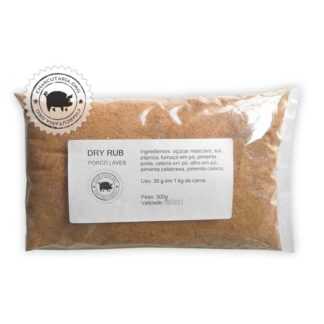 Dry Rub Pork and PoultryR$ 19,00
Dry Rub Pork and PoultryR$ 19,00 -
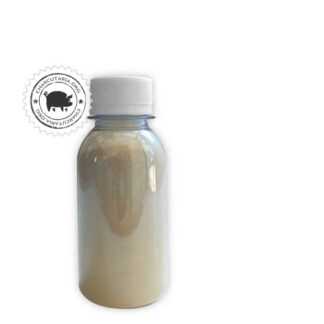 Garlic powderR$ 9,00
Garlic powderR$ 9,00 -
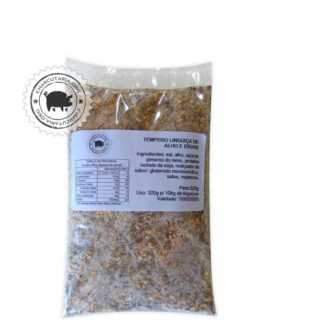 Garlic and herb sausage seasoningR$ 25,00
Garlic and herb sausage seasoningR$ 25,00 -
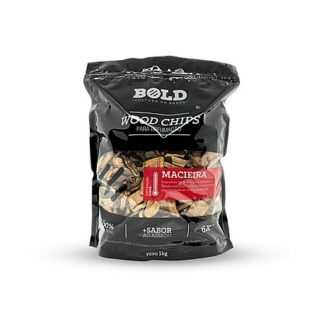 Apple wood chips for smokingR$ 35,00
Apple wood chips for smokingR$ 35,00

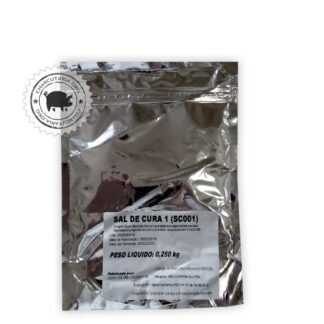
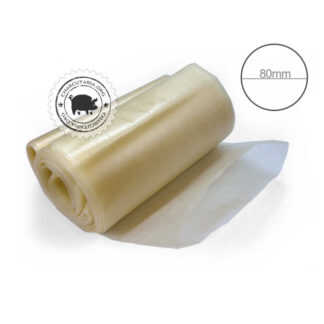
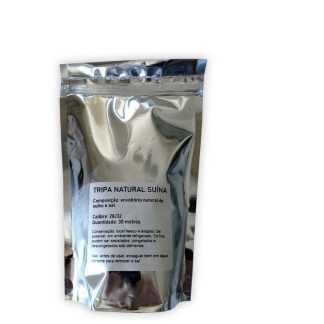
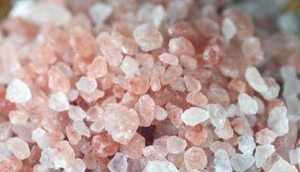
Very good tips on how to season meat for barbecue. A good seasoning certainly makes all the difference to the meat and taste.